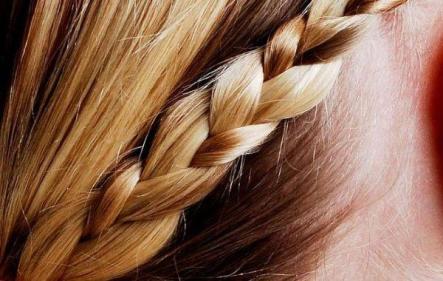Plagiocephaly or Flat Head Syndrome occurs when a baby's head develops a flat spot or becomes asymmetrical due to some kind of external pressure. Some babies are born with an abnormally shaped head as a result of the pressure exerted on them during the birthing process. Most babies' heads will correct on their own within the first six weeks. A referral to a specialist becomes necessary only if the baby's head remains asymmetrical beyond 6 weeks, or you notice a flat area after 6 weeks of age. Babies that have severe plagiocephaly may also have prominent foreheads, misaligned ears and uneven facial features.
An increasingly common reason that babies may develop a flat spot is that they spend a great deal of their time on their backs. In the early '90s, parents were told to put their babies to sleep on their backs to reduce the risk of SIDS (Sudden Infant Death Syndrome). Babies are born with a soft, pliable skull. When they sleep on their backs night after night, their heads can develop a flat spot where it presses against the mattress. This is a common occurrence in infants who are born with a form of torticollis, a condition in which a tight or shortened muscle on one side of the neck causes the head to tilt to one side. Premature babies are particularly at risk for this.
If development in the womb is constricted in some way, a baby can develop an abnormally shaped head. This may occur when there's more than one foetus, if the mother's pelvis is particularly small, or if there's too much or too little amniotic fluid. It also may happen to a baby in breech position, whose head gets wedged under the mother's ribs.






